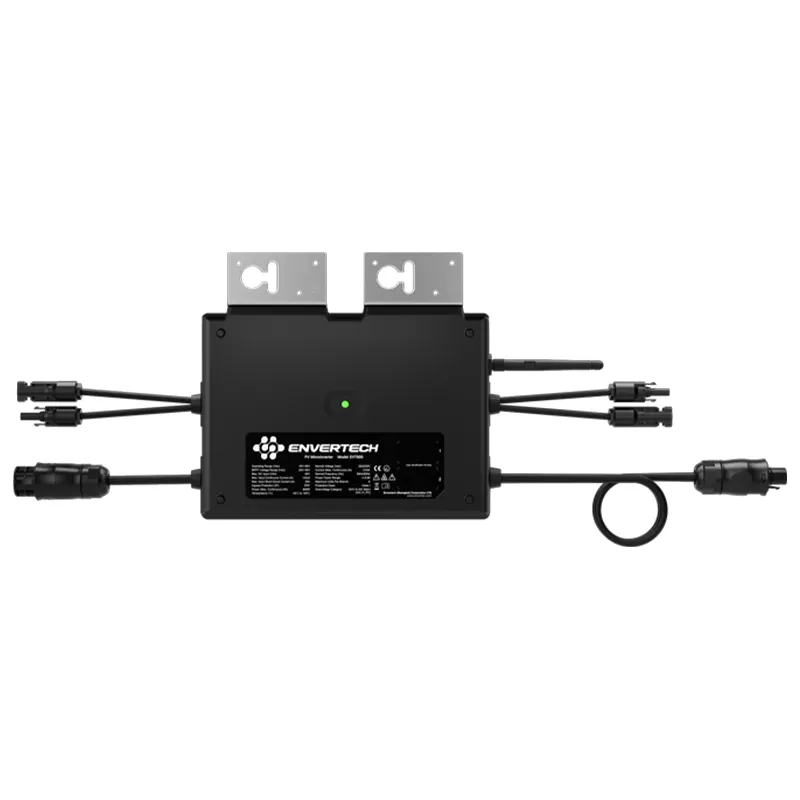Exploring Innovative Solar Solutions and Products for a Sustainable Future and Clean Energy Generation
The Rise of Solar Products Harnessing the Power of the Sun
In recent years, the demand for renewable energy sources has surged, with solar power leading the charge. As the world grapples with climate change and dwindling fossil fuel reserves, solar products have emerged as essential components of a sustainable future. This article explores the various types of solar products available in the market, their benefits, and the future of solar technology.
Understanding Solar Products
Solar products can be broadly categorized into two main categories solar energy generation products and solar energy utilization products. The most well-known solar products are solar panels, which convert sunlight into electricity. Additionally, solar water heaters, solar chargers, and solar-powered appliances are gaining popularity due to their efficiency and environmental benefits.
1. Solar Panels These are the cornerstone of solar technology. Photovoltaic (PV) panels consist of solar cells that convert sunlight into electricity. With advancements in technology, solar panels have become more efficient, affordable, and aesthetically pleasing. Homeowners and businesses can now benefit from solar energy, significantly reducing their electricity bills and carbon footprint.
2. Solar Water Heaters These systems use solar energy to heat water for residential and commercial use. By utilizing solar thermal technology, solar water heaters can provide significant cost savings on energy bills, especially in regions with abundant sunlight. They are widely used for domestic hot water needs, swimming pools, and even space heating.
3. Solar Chargers and Power Banks In our tech-driven world, solar chargers have become increasingly popular. These portable devices allow users to charge smartphones, tablets, and other electronic gadgets using solar energy. They are particularly useful for outdoor enthusiasts, campers, and travelers, enabling them to stay connected while minimizing reliance on traditional power sources.
4. Solar-Powered Appliances A wide range of appliances is now available in solar-powered variants. From lights and fans to refrigerators and outdoor equipment, these products utilize solar energy to operate efficiently. As technology continues to advance, the availability and affordability of these devices are expected to improve, making solar solutions accessible to more consumers.
Benefits of Solar Products
solar products

The benefits of solar products are significant, not only for individual users but also for the environment
. Here are some of the most compelling advantages1. Environmental Impact Solar energy is renewable and abundant. By switching to solar products, individuals and businesses can significantly reduce their reliance on fossil fuels, leading to a decrease in greenhouse gas emissions and air pollution.
2. Cost Savings Although the initial investment in solar products can be high, the long-term savings on energy bills often outweigh the costs. Many governments also offer incentives, tax credits, and rebates to encourage the adoption of solar technology, making it even more financially viable.
3. Energy Independence Solar products provide users with a degree of energy independence. By generating their own electricity, homeowners and businesses can protect themselves from fluctuating energy prices and ensure a reliable power supply.
4. Job Creation The solar industry has become a significant source of employment, contributing to job creation in manufacturing, installation, and maintenance sectors. As the market for solar products grows, so too does the demand for skilled workers.
Future of Solar Technology
As innovations continue to emerge, the future of solar products looks bright. Researchers are exploring advanced materials and technologies to increase the efficiency of solar cells, reduce production costs, and enhance energy storage solutions. With increasing awareness of climate change and a global commitment to renewable energy, the market for solar products is poised for exponential growth.
In conclusion, solar products represent a vital step towards a sustainable energy future. By harnessing the power of the sun, individuals and businesses can reduce their environmental impact, save on energy costs, and contribute to a healthier planet. As technology continues to evolve and solar products become more accessible, the transition to solar energy will undoubtedly play a critical role in the fight against climate change. With continued investment and innovation, the era of solar power is just beginning.
-
Unlocking Energy Freedom with the Off Grid Solar InverterNewsJun.06,2025
-
Unlock More Solar Power with a High-Efficiency Bifacial Solar PanelNewsJun.06,2025
-
Power Your Future with High-Efficiency Monocrystalline Solar PanelsNewsJun.06,2025
-
Next-Gen Solar Power Starts with Micro Solar InvertersNewsJun.06,2025
-
Harnessing Peak Efficiency with the On Grid Solar InverterNewsJun.06,2025
-
Discover Unmatched Efficiency with the Latest String Solar InverterNewsJun.06,2025







